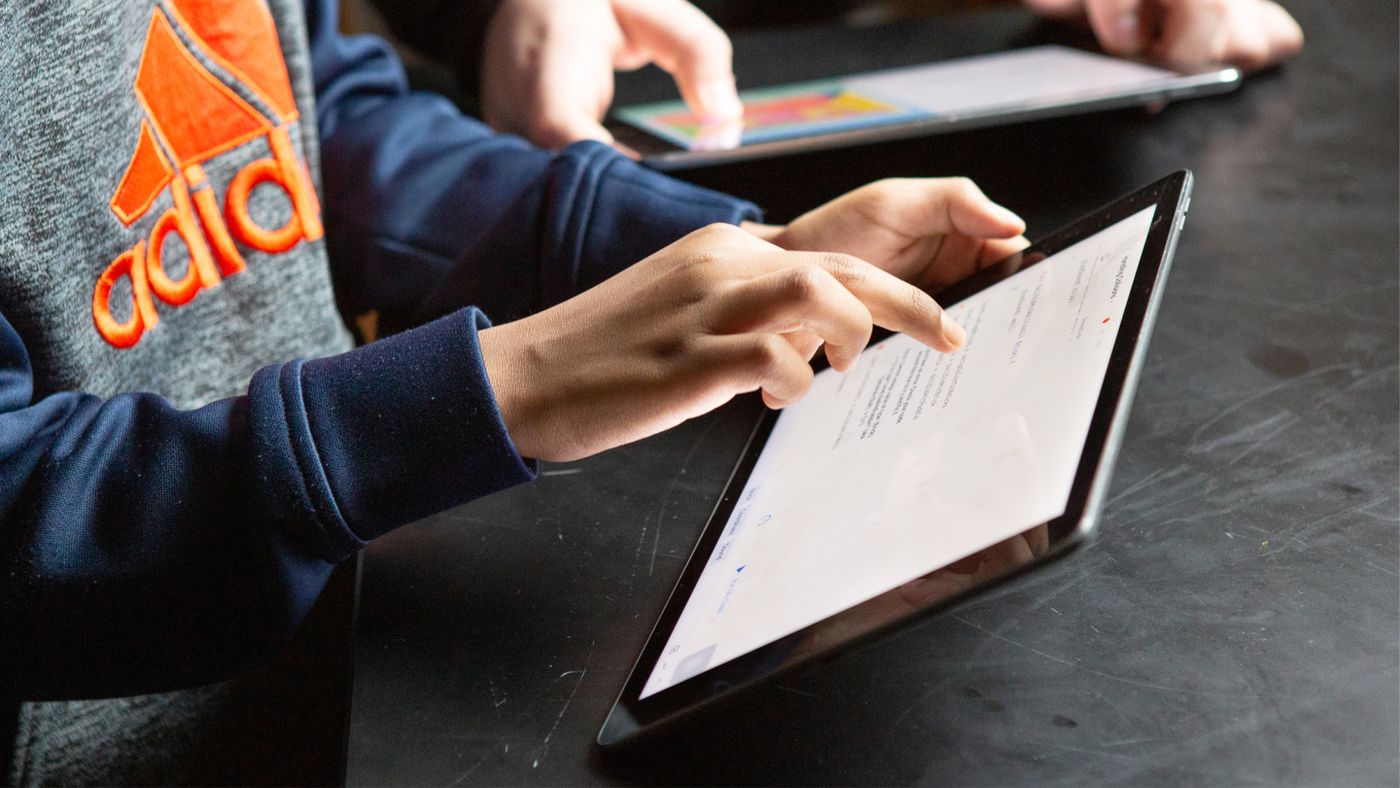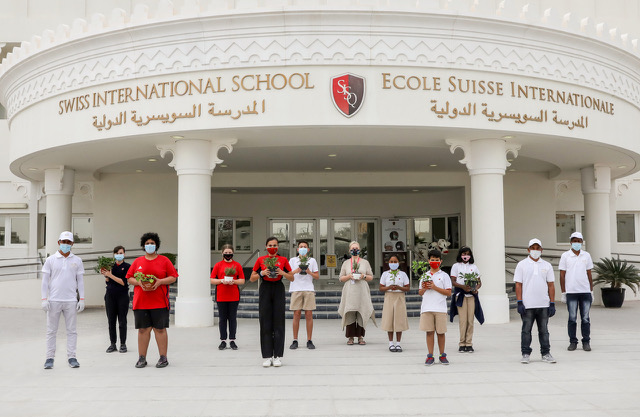Museum of Islamic Art affirms commitment to training and developing Qatar’s educators by organising library literacy course for teachers.
The Museum of Islamic Art (MIA) has today affirmed its commitment both to supporting teachers and inspiring and educating young people in Qatar with the successful completion of a one-day, intensive library literacy course.
The half-day session was attended by 75 teachers representing a selection of high schools in and around Doha. The specially developed session was ultimately designed to enable participants to access the world-class resources at the museum as effectively and efficiently as possible in a bid to educate, inform and inspire students, helping them to become expert researchers.
The in-depth library literacy course combined both theoretical and practical elements to enable teachers to become highly organised resource managers and information specialists and to equip them in teaching their students how to access and utilize information. The aim is to provide students with the highest quality reading experiences by enabling teachers to recommend literature and reading experiences that their students will enjoy and to enhance learning experiences.
The training course provided high school teachers with the foundation for helping their students to become experts in using library resources and presenting their findings and to teach critical information literacy skills in ways that capture and hold student interest.
It also provided a solid grounding in the foundational skills required to be information literate in a library setting – covering an understanding of the resources available to teachers at MIA, practical steps on how to access information, evaluate results, how to communicate and share findings, as well as considerations such as ethics and responsibility of use.
The day began with an overview of the importance and significance of libraries, particularly given the widespread proliferation of online resources, and tips on how to identify the most important resources in a school library. It included a discussion on the definitions of library literacy and why it is so important for teachers, plus an introduction to some of the frameworks currently being used to teach students library literacy.
This theoretical grounding was then given a practical application as the participating teachers were given a walking tour of the library at MIA – one of the largest in the region. Made up of more than 15,000 books, the library includes specialist books and monographs on Islamic Art, art reference books, museum collection and exhibition catalogues, and scholarly periodicals on art including auction catalogues.
The tour provided an overview of key parts of the collection including the children’s section, scholars collection, handling collection, rare book room, online resources and other sources of information available.
In addition, teachers were given an overview of how MIA library staff deal with an information request including what information is needed to process a request, where to find the information, reviewing the validity of sources, presenting information, and a review of tools available to check for plagiarism.
Importantly the course also provided inspiration for participating teachers for a range of objects available to them from MIA’s objects on display, as well as activities to consider using in a classroom setting.
The course is the latest example in a long line of training sessions, workshops, talks and other activities organized by MIA and Qatar Museums to engage and enthuse the country’s educators. It is yet further evidence of Qatar Museums’ steadfast commitment to supporting a wide range of leading opportunities, and to empowering teachers in talking full advantage of the resources, expertise and support available across QM’s world-leading museums.
Describing the training course, Salem Abdullah Al Marri, Deputy Director of Learning and Outreach at MIA said: ‘‘We’re delighted with the response to this latest library literacy course. The feedback from all participants has been overwhelmingly positive. Schools, students and the wider community have so much to gain from this globally acclaimed museum, its world-class collection of Islamic Art and one of the largest libraries of its kind in the region. We’re determined to do all we can share to share these incredible gifts with the community and to inspire, inform and educate young people.’’






Leave A Comment
You must be logged in to post a comment.